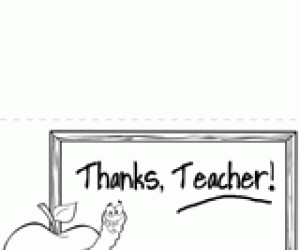Advice from a homeschooling expert on teaching a six-year-old to read.
Q
I am having a hard time teaching my six-year-old to read. It just doesn't seem to be clicking. I do a letter a week and we work on the sounds it makes. Do you have any other suggestions?
A
If you're doing a lot of pencil and paper work, that might be your problem. I would continue working on the sounds of the letters, but try a different method. For instance, rather than writing the letters, which can be difficult and often tedious for six-year-olds, I would try turning it unto a verbal game or contest. Let's say the letter you're working on is "S." Maybe Saturday can be "S" day. When you're driving your car and you come to a stop sign, point out and emphasize the "S": "Oh! I found an 'S' word!" Maybe you'll pass a "Sam's" club or "Sally's Luncheonette." The first words my girls learned to read were the names of gas stations! (You can tell my family spends a lot of time on the road!) How about "silly salad" for lunch or "sausages" for breakfast? Do this throughout the day. We also like to cut out pictures from magazines and catalogs that represent the letter we're working on. Paste the colorful images on construction paper to form a visual alphabet book.
If you or your child are feeling frustrated, perhaps it's time to take a break. Some children are simply not ready to read at six-years-old. Sounding out letters is just one aspect of learning to read. Developing a love for stories and books is just as important. This is accomplished by reading to your child every day. Good luck!





